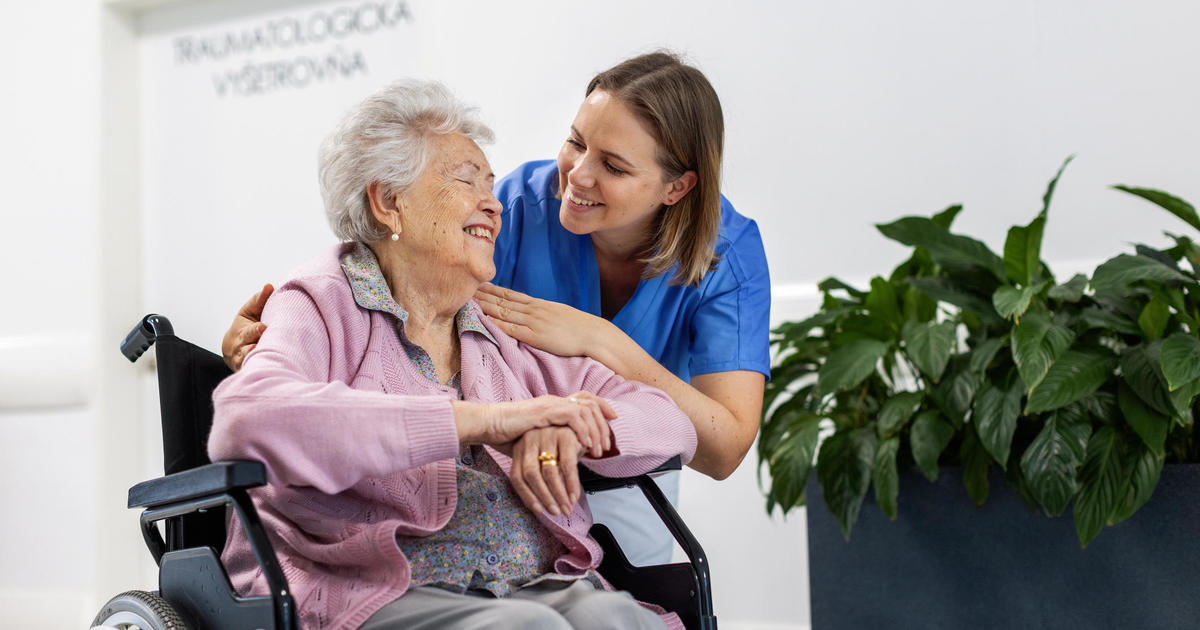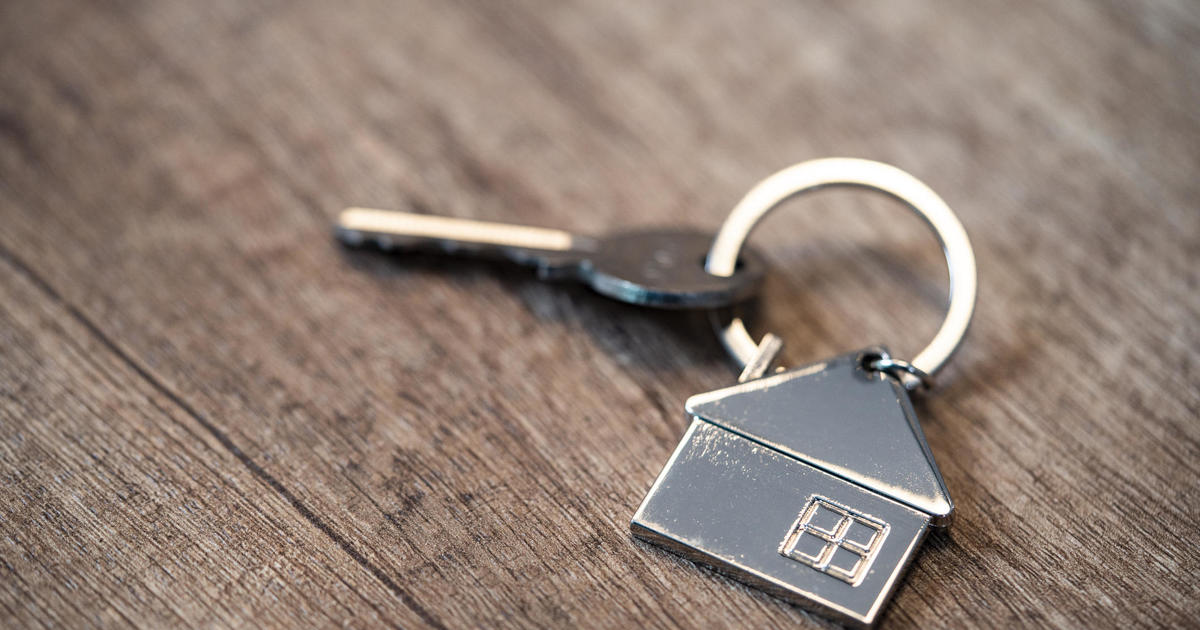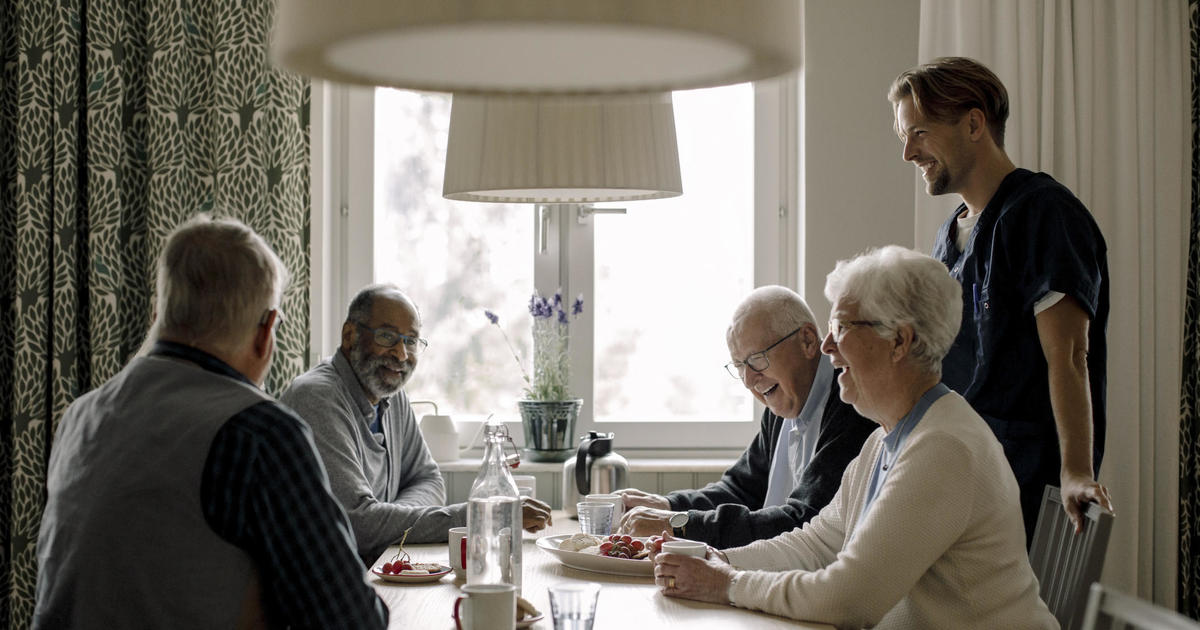Is it safe to work and commute outside? What experts advise as wildfire smoke stifles East Coast.
Millions of Americans face poor air quality advisories as smoke from Canadian wildfires sweeps across the Northeast, afflicting outdoor workers, commuters and just about anyone who ventures outside Wednesday in affected areas.
Although health experts recommend staying indoors, that's not possible for people whose work requires them to be outdoors, noted Dr. Panagis Galiatsatos, a lung specialist who is a spokesperson for the American Lung Association.
"Ideally, a lung doctor would say, 'If you can stay home, stay home'," Dr. Galiatsatos told CBS MoneyWatch. "But people are going to come back to me and say, 'I need to go outside and work'."
If you can't stay inside, Dr. Galiatsatos recommends a few precautions to keep your lungs and heart safe. First, he said, wear a tight-fitting mask, ideally with a one-way valve, that will filter out particulates from the smoke. If you have masks left over from the pandemic that don't have one-way valves, like N95s or surgical masks, wearing one of those can also help protect your lungs, he noted.
- Map satellite images show Canadian wildfire smoke moving across the Northeast
- Why are the sun and moon red?
- New Yorkers flee indoors as Canadian wildfire smoke smothers city
"If you work outside, I would urge you to please, please wear a mask to protect yourself," he said.
To avoid both large and small particles carried by smoke, the Environmental Protection Agency says dust masks aren't enough.
"Paper 'comfort' or 'dust' masks — the kinds you commonly can buy at the hardware store — are designed to trap large particles, such as sawdust," the EPA said on its website. "These masks generally will not protect your lungs from the fine particles in smoke."
Change your clothes after working outside
Dr. Galiatsatos also recommends that people who work outside change out of their clothes when they get home and put them directly in the wash. Particulates can infiltrate clothing and then be inhaled by the person or their family members once they return indoors.
"It's like the old days of asbestos — the child breathed it in from their parents' clothes," he noted.
Is it safe to work outside?
Spending time outdoors without a mask during periods of poor air quality can lead to health problems in both the near- and longer-term, Dr. Galiatsatos said.
Landscapers, construction workers, highway maintenance personnel and outdoor recreation workers like lifeguards spend the greatest potion of their workdays outside, according to the Labor Department. Such workers should mask up and wash their clothes when they are done working, experts advise.
But others, like delivery people, bike messengers, preschool teachers and truck drivers, also spend part of their time outdoors and should wear masks while outside.
People with underlying lung or heart problems, like asthma or chronic obstructive pulmonary disease (COPD), are most at risk, but even people without such conditions can be impacted by the particulates from wildfires, Dr. Galiatsatos said.
"Brief exposure to poor air quality can make you a patient later on," he said.
Is it safe to go outside?
People who live farther away from the fires, such as in New York City or Washington, D.C., may in fact be at more risk because the particulates are smaller by the time they reach those locations, compared with people who live closer to the fires, Dr. Galiatsatos said. Smaller particles are more likely to reach the narrowest airways in the lungs, where they can do damage, he added.
Check your air quality levels on your weather app. If the air quality index is below 100, a range considered moderate, that should be safe for you to be outside, he said. But if the air quality is poor, it's best to wear a mask — even if you are working in your garden or taking your dog for a walk.
"I would try to minimize the time you spend outside," he said.



